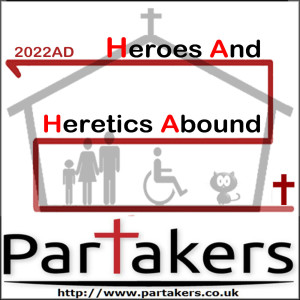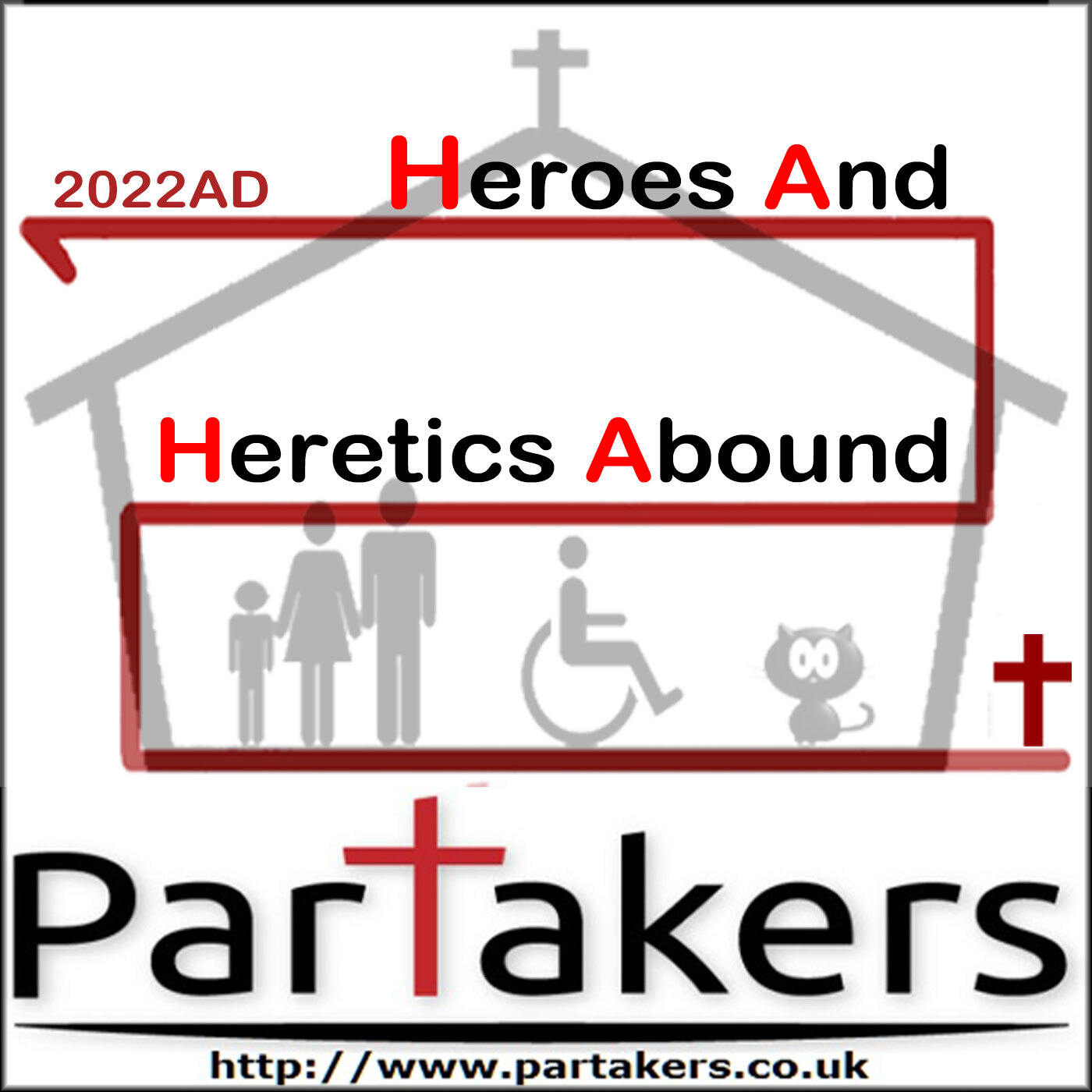
432.5K
Downloads
3364
Episodes
G’day and welcome to Partakers Christian Podcasts! Join us for uplifting Bible teaching, inspiring readings, heartfelt worship, powerful prayers, and fascinating church history. Whether you’re new to faith or growing deeper in your journey, we’re here to encourage and equip you. 🎧 Tune in, interact, and be inspired—wherever you are in the world.
G’day and welcome to Partakers Christian Podcasts! Join us for uplifting Bible teaching, inspiring readings, heartfelt worship, powerful prayers, and fascinating church history. Whether you’re new to faith or growing deeper in your journey, we’re here to encourage and equip you. 🎧 Tune in, interact, and be inspired—wherever you are in the world.
Episodes

Wednesday Oct 29, 2025
Church History Part 19
Wednesday Oct 29, 2025
Wednesday Oct 29, 2025

Church History Part 19
Church in the Middle Ages 2
During this time, there was a growing restlessness. Some people were starting to think about separating the church from institutional monarchies – particularly with England.
The Scholastics - The papal reforms in the 11th - 13th centuries saw a rise in interest in education. The Cathedral schools surpassed the monastic schools by the 12th century. The universities rose from the Cathedral schools. Oxford, Cambridge & Paris Universities date back to this period. All education was in the hands of the Church. The great thinkers were monks or clergy. There was great debate over theology & philosophy with many attempts to harmonise the thinking of Greek philosophers such as Aristotle with theology.
Anselm (1033-1109) – Anselm was born in Italy and raised in Normandy. Prior to becoming the Archbishop of Canterbury in 1093, he was a Benedictine monk, teacher, and abbot before continuing his church career in England. He is renowned as a great philosopher and theologian and during his time as Archbishop saw that the church was at least partly independent from the civil government. This was very radical for its time! Such a reformer, even before the reformation to come and worked to suppress the slave trade.
One of the things, amongst many, which we as 21st century church remember Anselm for is the satisfaction theory of the atonement, where God becoming man in the birth of Jesus Christ, the incarnation, guaranteed relief from God’s demands for strict divine justice.
He is also renowned for being the first to use the Ontological argument for the existence of God through philosophy, rationality and logic, in the book Proslogion. He did this on the basis of "that than which nothing greater can be conceived", or if it could exist in the mind, it could therefore exist in reality. If it only existed in the mind, then something or someone greater is possible – one which exists in both mind and reality. You can read more about it here as well as download some of his writings freely by visiting the CCEL website.
Thomas Beckett – Thomas Beckett was born in 1118 to a middle class family, was well educated including a time at the University of Paris. He was integrated into the household of the Archbishop of Canterbury, Theobald and completed several missions for him. In 1154 he was ordained as a deacon and appointed archdeacon of Canterbury. With this ordination by Theobold and the king, Henry II, Beckett would have been expected to represent their interests vocally.
Following the death of Theobald in 1161, King Henry II was hoping to stunt the demand for separation of church and state as well as cutting back on the power of the church. Beckett was quickly ordained a priest in 1162 before shortly after becoming Archbishop of Canterbury.
Despite opposition from King Henry II and others, Thomas Beckett endeavoured to make the church independent of the government. He took a form of ascetism upon himself, resigned from working for the King and put all his efforts and work tion the interests of the church alone. This led to frequent clashes with the English monarchy and under Henry II.
It subsequently led to his exile in 1164. Upon his return to England in 1170, he excommunicated several bishops who had opposed him. Later that year, he was killed in the cathedral by four knights under he orders of King Henry II.
That’s it for this time! Next time in our series HAHA, we will finalise our look at the Middle Ages, with a look at one of the supreme thinkers of the historical Church, Thomas Aquinas, as well as looking briefly to the East and the Orthodox church.

No comments yet. Be the first to say something!